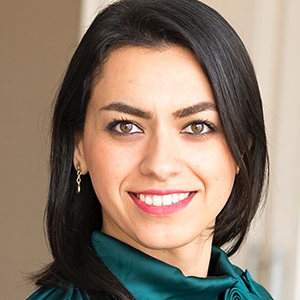Large Language Models (LLMs) have significantly advanced the field of Artificial Intelligence, enabling applications ranging from conversational assistants to automated content generation. Despite their impressive capabilities, LLMs often face challenges in scenarios that require high factual accuracy, provenance, and updateability. This tutorial addresses these limitations by integrating LLMs with Knowledge Graphs (KGs) to create Knowledge- Enhanced Large Language Models (KELLMs). KELLMs combine the linguistic prowess of LLMs with the structured, factual knowledge provided by KGs, resulting in more reliable and context-aware AI systems.
Instructors
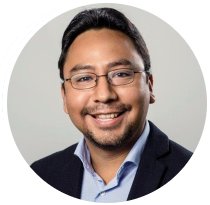
Fraunhofer FIT
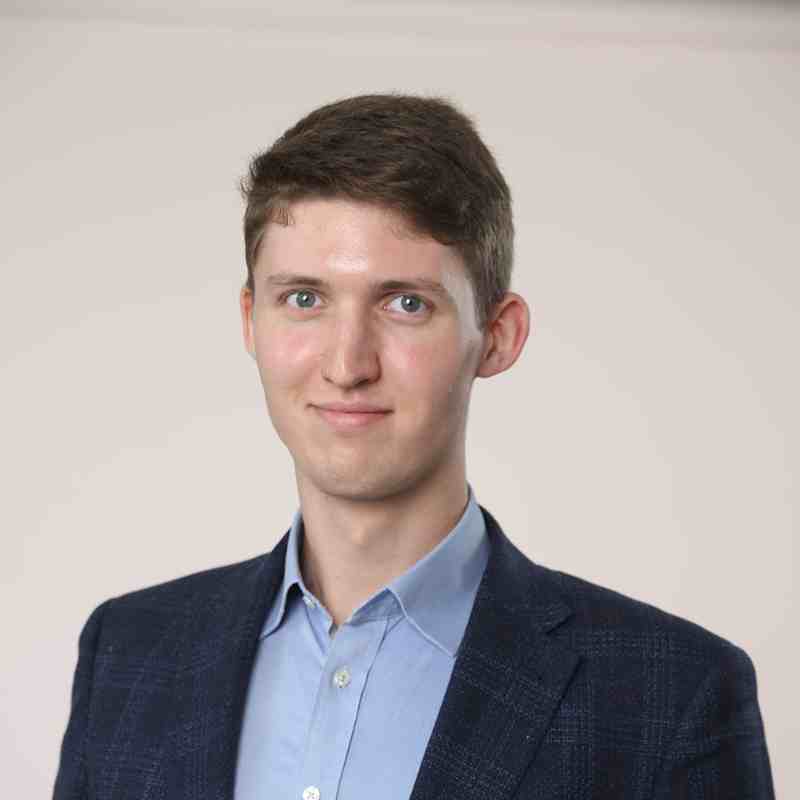
Fraunhofer FIT
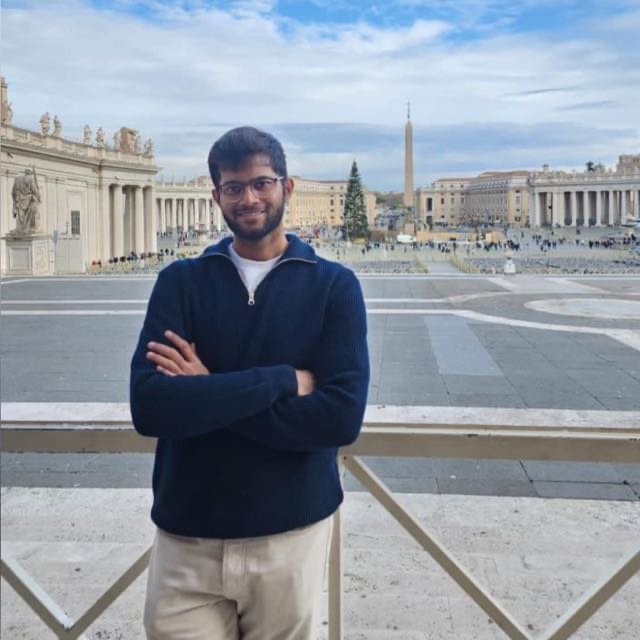
RWTH Aachen/Fraunhofer FIT
Tutorial Format
The tutorial is designed as a half-day session, divided into two slots of 1 hour and 40 minutes each, with a break in between. The structure includes a mix of lectures, hands-on exercises, group discussions, and interactive sessions to ensure participants gain both theoretical knowledge and practical skills.
Slot 1: Introduction to Knowledge Graphs, Large Language Models, and RAG systems
- Overview : This session provides an overview of the fundamental concepts of KGs and LLMs. Participants will learn about the structure and components of KGs, including ontologies and taxonomies, and how these structured knowledge sources can enhance the capabilities of LLMs. The session will also cover the limitations of LLMs in knowledge-intensive tasks and the role of RAG systems in addressing these challenges.
- Hands-on Exercise : Participants will use tools and frameworks to create a basic KELLM, integrating a simple KG with an LLM. This exercise will provide practical experience in combining the two technologies and understanding their synergies.
Slot 2: Practical Applications and Advanced Techniques
- Overview : The second session focuses on practical applications and advanced techniques for integrating KGs with LLMs. Participants will learn about retrieval-augmented generation, a method that enhances LLM outputs by retrieving relevant information from KGs. The session will also introduce Text-to-SPARQL, a technique that translates natural language queries into structured queries, enabling more precise information extraction from KGs.
- Hands-on Exercise : Participants will implement Text-to-SPARQL translation and fine-tune LLMs for domain-specific tasks. This exercise will provide hands-on experience in applying these advanced techniques to real-world scenarios.
- Group Discussion : Participants will engage in a group discussion to share challenges and potential solutions in implementing KELLMs in their own projects. This collaborative session will provide valuable insights and foster knowledge exchange among participants.
For questions about the tutorial, please contact workshop organizers via kellm@googlegroups.com. All the materials are available on github.
Tutorial Time
| Slot 1: Introduction to Knowledge Graphs, Large Language Models, and RAG systems | 14:00 - 15:40 |
| Break | 15:40 - 16:00 |
| Slot 2: Practical Applications and Advanced Techniques | 16:00 - 17:40 |
Organizers
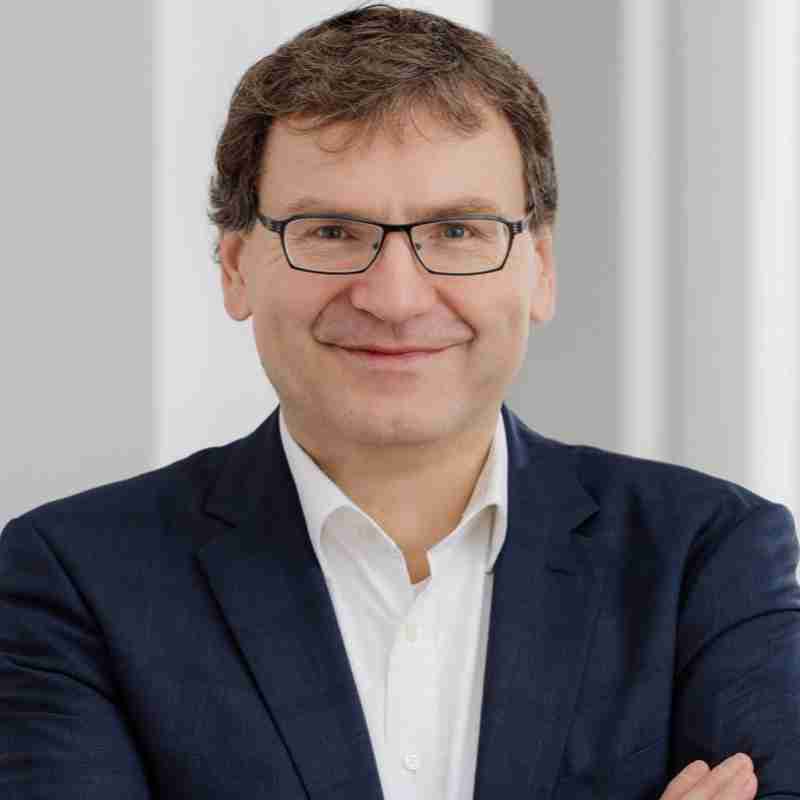
RWTH Aachen
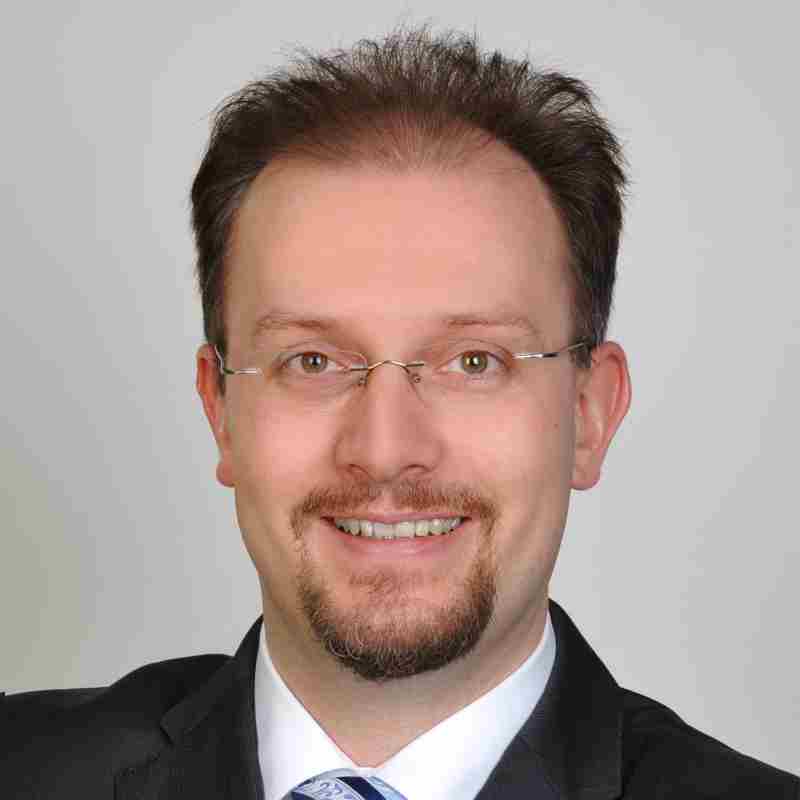
Amazon AGI

Leibniz University Hannover

Fraunhofer FIT
